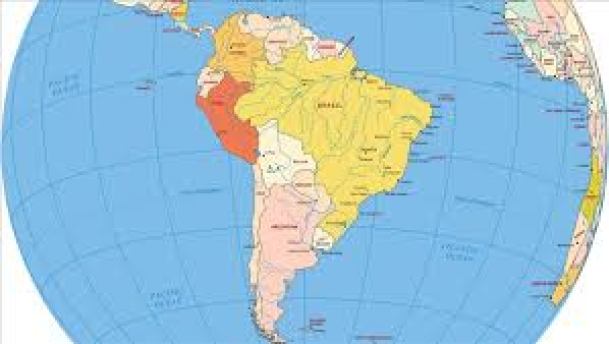
An exchange of prisoners including former oil executives between the US and Venezuela over the weekend is another sign of slow progress in relations, even while sanctions continue to choke off crude supplies from the South American country.
By Argus Media
Oct 03, 2022
The release of former executives at US refiner Citgo along with free and fair elections in Venezuela – or significant advances in dialogue between factions led by Venezuelan president Nicolás Maduro and his US-supported opposition – are seen as key for any discussion of lifting US economic sanctions on Venezuela. While Caracas released the prisoners, no changes in sanctions have been announced.
Five of the just-released prisoners were part of the original group of six US-based employees of refiner Citgo who had been arrested in 2017 after being summoned to a meeting in Caracas, Venezuela. Gustavo Cardenas was the first of the group to be released, in March.
Venezuelan state-owned PdV owns Citgo, but the US refiner is managed by a board appointed by representatives of the Venezuelan opposition. Parent company PdV is under the control of the Maduro government.
Citgo employees and naturalized US citizens Jorge Toledo, Tomeu Vadell, Jose Luis Zambrano and Alirio Zambrano were then released over the weekend, along with US permanent resident Jose Pereira. US citizens Osman Khan and Matthew Heath, a former Marine, implicated in an aborted coup attempt against Maduro, were also released.
In return, the US released two Venezuelans, Efrain Antonio Campo and Francisco Flores de Freitas, who were serving 16-year sentences in the US for drug trafficking. The two are nephews of Venezuela’s first lady Cilia Flores.
US secretary of state Tony Blinken credited the “extraordinary efforts and perseverance” of US government officials over many months for the releases.
The Venezuelan government said the release was the product of conversations with US officials that started in March.
No change in crude sanctions imminent
Many countries are looking to secure alternative crude supplies to fill a gap left by US crude sanctions on Russia after its invasion of Ukraine. Venezuela has offered to ramp up its production to do this, but Washington has tied sanctions relief to the outcome of Maduro’s discussions with his opposition on holding free and fair elections in 2024. The prisoner swap was discussed separately from the sanctions debate.
Easing sanctions on Venezuela also faces the additional complication of holders of about $60bn of unpaid debt seeking repayment through seizing Venezuelan assets abroad, including Citgo. Venezuela’s oil infrastructure has also deteriorated, and increased output would require time and repairs.
Chevron and four oil services companies are still allowed to maintain a minimal presence in Venezuela under waivers from the US government.
The US earlier this year allowed Chevron to negotiate its future activities in Venezuela, without altering current prohibitions on crude exports, and cleared Italy’s Eni and Spain’s Repsol to trade Venezuelan crude through non-cash transactions.
…
Read More: Argus Media – US, Venezuela prisoner swap a move toward detente
…